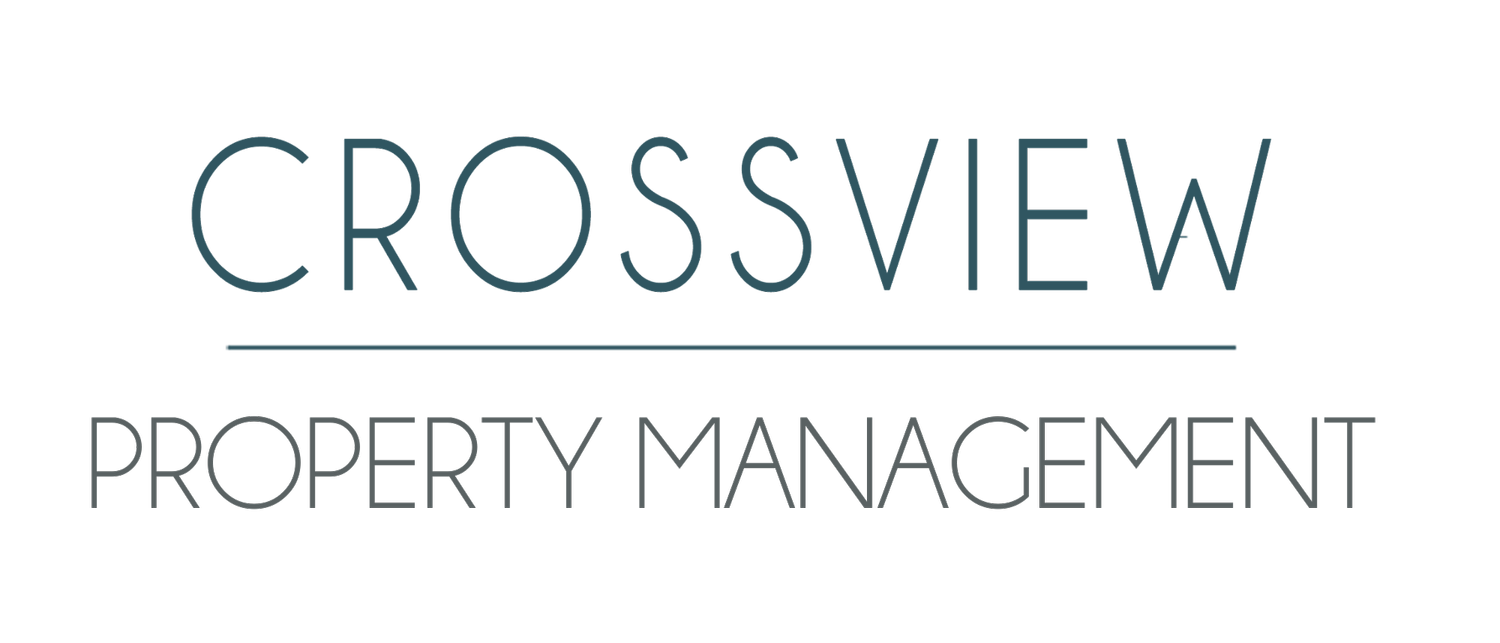Why Florida Landlords Should Require Tenants to Have Proper Insurance
Opening Question:
When you rent out your Florida property, why should you care whether your tenants carry the right kind of insurance?
Snippet Answer:
Tenant insurance protects your tenant’s belongings and liability—but it also protects you as the landlord. By requiring it in your lease, you can reduce disputes, avoid uncovered losses, and help ensure damages caused by the tenant aren’t coming out of your pocket.
The Difference Between Your Insurance and Theirs
As a Florida property owner, your insurance policy—whether a landlord policy or a homeowners policy for a rental—covers:
The structure of your property
Your personal liability as the owner
Some loss-of-rent situations (if covered under your policy)
It does not cover your tenant’s personal belongings, nor does it necessarily cover all damages caused by tenant negligence. That’s where tenant insurance—commonly called renters insurance—comes in.
What Proper Tenant Insurance Covers in Florida
In Florida, the most common and recommended tenant policy is HO-4 Renters Insurance, which typically includes:
Personal Property Coverage – Protects the tenant’s belongings from losses like fire, theft, or certain types of water damage.
Liability Coverage – Protects the tenant if they accidentally cause damage to your property (e.g., leaving the bathtub running) or if someone is injured in the rental due to their actions.
Loss of Use – Covers the tenant’s additional living expenses if the property becomes uninhabitable due to a covered loss.
While Florida law does not require tenants to have renters insurance, landlords can legally require it as a condition of the lease.
Why Landlords Benefit When Tenants Have Insurance
1. Limits Your Out-of-Pocket Losses
If a tenant’s actions cause a loss—like a kitchen fire—their liability coverage can pay for damages, reducing or eliminating what your insurance has to cover.
2. Reduces Claim Disputes
When tenants have their own policy, they can file claims for their damaged belongings rather than expecting you to pay or replace items.
3. Encourages Tenant Responsibility
Tenants who carry insurance are often more careful, knowing they could be financially responsible for negligence.
4. Protects Against Gaps in Your Policy
Your landlord policy might have deductibles, exclusions, or liability limits. Tenant liability coverage can help fill those gaps.
Setting Insurance Requirements in Your Florida Lease
To make renters insurance effective in protecting your property, your lease should clearly state:
Minimum Coverage Amounts – For example, at least $100,000 in liability coverage.
Proof of Insurance – Require proof before move-in and annual renewals.
Listing You as an Interested Party – This ensures you’re notified if the tenant cancels the policy.
Consequences for Non-Compliance – Such as lease violation notices or termination.
Common Mistakes to Avoid
Not verifying coverage – Simply stating it in the lease isn’t enough; you must collect proof.
Failing to enforce renewals – If you only verify at move-in, the policy could lapse later.
Being unclear about requirements – Without specific terms, tenants may buy inadequate coverage.
Final Takeaway
In Florida, requiring tenants to carry proper renters insurance is one of the simplest ways to protect your property and limit your liability. It doesn’t just protect the tenant—it safeguards your investment, ensures faster resolution of damage claims, and keeps you compliant with a well-written lease agreement.
Property management is hard enough—partner with someone who stays on top of Florida law changes and works to maintain your investment. Complete our Contact Us form or call us at 904-855-7933 to learn more about how CrossView Property Management in Jacksonville, FL, can work for you.


